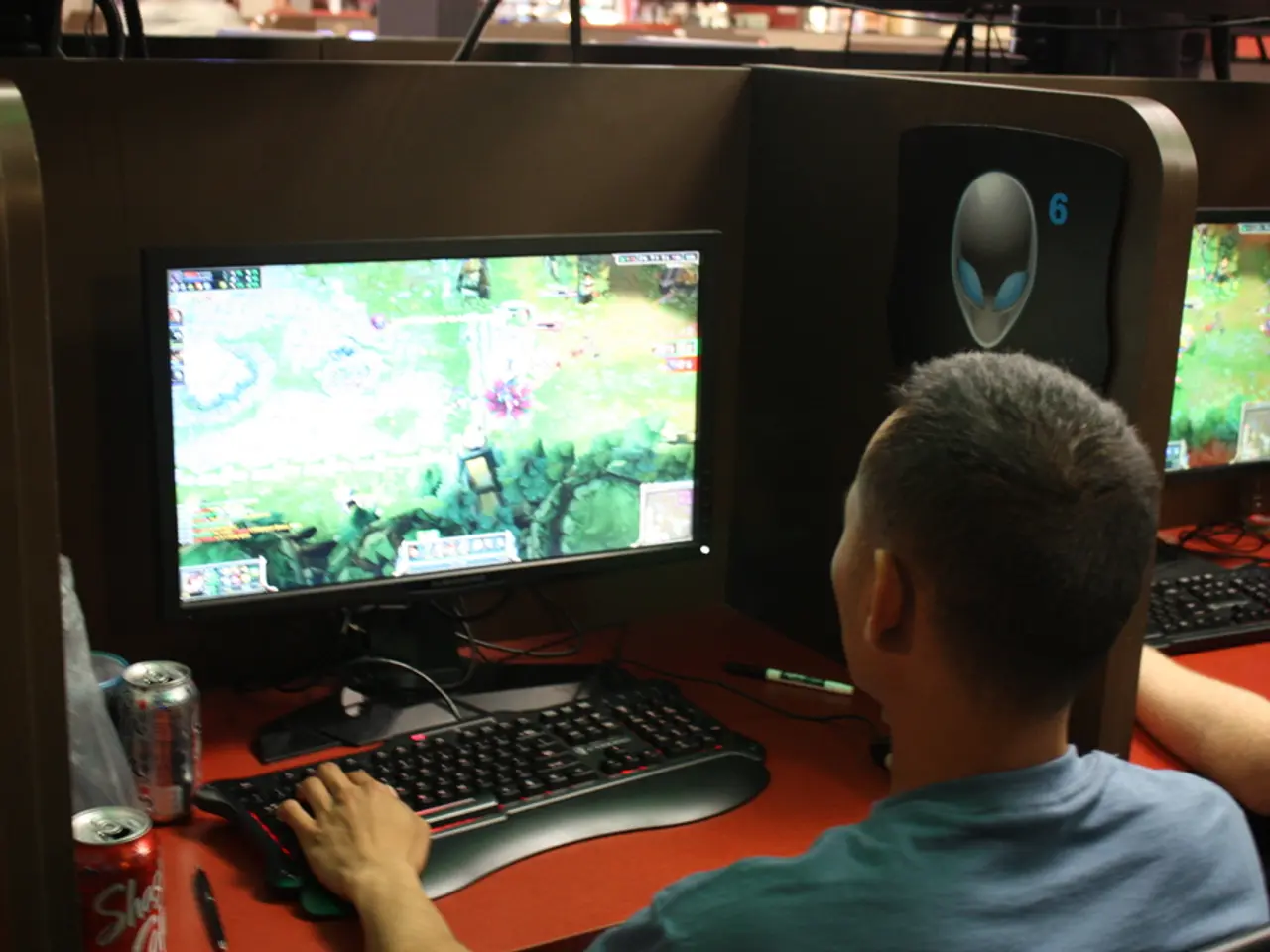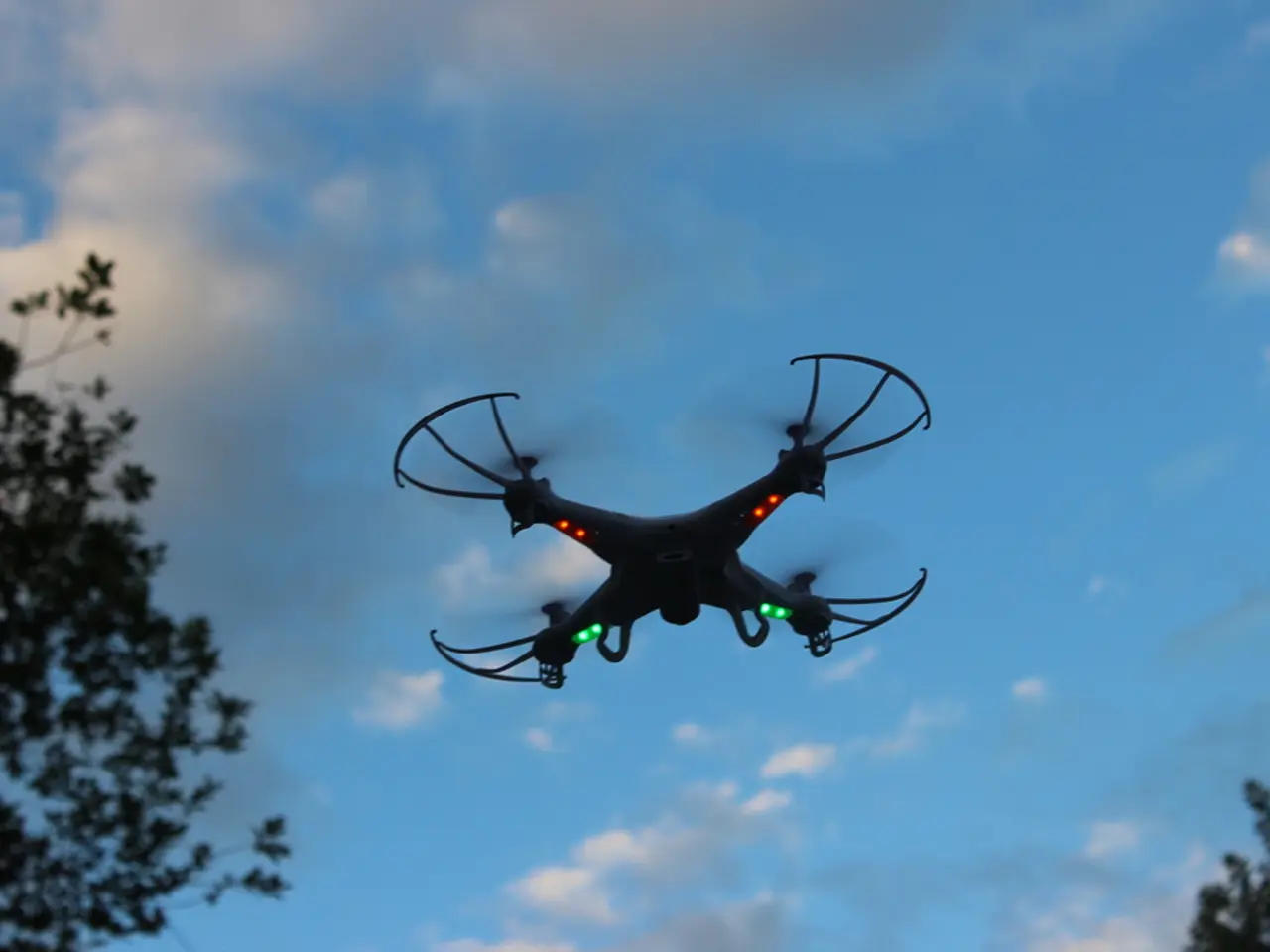Evolution of Digital Lottery Gaming
In the rapidly evolving digital age, traditional lottery games are undergoing a significant transformation. Artificial Intelligence (AI), predictive analytics, and online platforms are driving this change, offering players new and innovative ways to engage with their favourite lotteries.
AI-powered predictive gaming software is analysing historical data to identify patterns, reducing the randomness traditionally associated with lottery participation. This shift is attracting serious players who employ data-driven strategies, creating a more analytical approach to the game of chance.
The convenience of digital lottery apps allows players to participate anytime, anywhere. Features such as ticket tracking and real-time notifications enhance the user experience, making lottery games more accessible than ever before.
Lotteries are increasingly operating in an omnichannel environment, where online and in-store sales coexist and complement each other. This synergy dispels earlier fears that digital sales would cannibalize retail sales.
Looking ahead to 2025-2026 and beyond, lottery operators are focusing on integration, personalization, and data-driven strategies to further evolve traditional lottery games. The implementation of connected systems, such as Kentucky Lottery’s Connected Play, aims to visually demonstrate and promote synergy between channels and to enhance retailers' acceptance of digital sales.
True loyalty programs and affiliate marketing efforts are being developed, driven by extensive player data and research. These initiatives aim to better tailor offerings and increase engagement, creating a more personalised and engaging lottery experience.
AI is also being utilised to improve overall gamer experience by offering synergistic game availability across physical and digital channels. This ensures both physical and digital lottery channels thrive simultaneously.
The global online lottery market is projected to surge, with a current value of over $120 billion and an annual growth rate of 5-6%. This growth is supported by consumer demand for mobile and online convenience without compromising trust and security.
The digital transformation of lottery games offers numerous benefits, including enhanced player engagement, new marketing possibilities, and increased revenue streams. This shift is benefiting both retailers and lottery operators alike.
However, with greater accessibility comes a risk of increased gambling issues in the digital lottery landscape. Responsible gaming features, like self-exclusion tools and spending limits, are becoming vital in lottery apps to ensure players maintain a healthy balance.
The future of lottery games promises a seamless integration of technology and the thrill of chance, inviting both the young and the old to dream bigger. The globalization of lotteries encourages cultural collaborations and reflects a wider audience.
As technology evolves, ensuring that similar measures are upheld to foster social responsibility in the digital lottery landscape is crucial. The industry is starting to prioritise community well-being and ethical considerations, as demonstrated by Oregon's proactive approach to responsible gaming.
The digital transformation of lottery games raises questions about the endurance of traditional lottery tickets and their potential transformation into something new. The uncertainty surrounding the future of lottery games necessitates an essential conversation about our collective path forward.
In conclusion, digital technology is reshaping traditional lottery games by making participation more accessible, analytical, and integrated across physical and online channels. This leads to enhanced player engagement, new marketing possibilities, and increased revenue streams benefiting both retailers and lottery operators. The trend toward data-driven personalization and AI-enhanced experiences is expected to deepen, firmly embedding digital technology at the core of lottery gaming’s present and future.
For further exploration of this topic, consider visiting related posts.
- In the digital lottery industry, AI is not only being used to analyze patterns and reduce randomness in gaming software, but also to integrate physical and digital channels for a more comprehensive gaming experience.
- As the global online lottery market continues to grow, media outlets are covering the innovations in technology, fashion, photography, and beauty, showcasing the integration of lottery events in the digital realm.
- Looking ahead, the evolution of lottery games will coincide with advancements in technology, events, and marketing strategies, creating a new domain for technology and fashion collaborations, and offering new and exciting pivot points for photography and media coverage.




